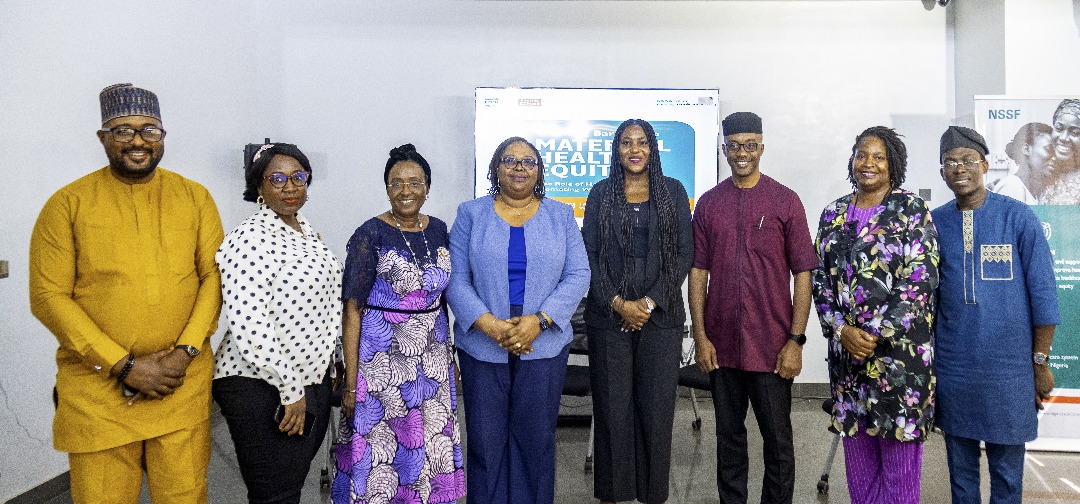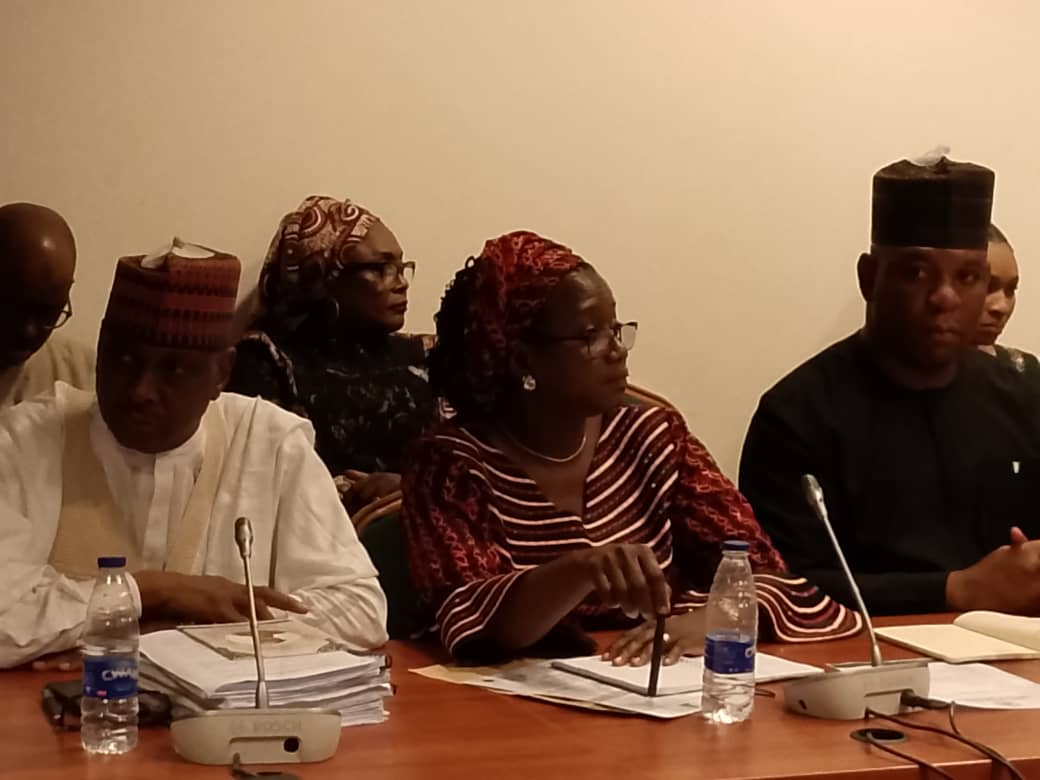
The Nigeria Solidarity Support Fund (NSSF) has reaffirmed its dedication to advancing maternal health equity in Nigeria with the successful hosting of the 7th edition of its Fireside Chat Series on Wednesday, in Abuja.
Themed “Breaking Barriers to Maternal Health Equity: The Role of Health Insurance in Promoting Women’s Wellness,” the event convened key stakeholders from government, development partners, donor agencies, and the healthcare sector to explore sustainable and inclusive health solutions for Nigerian women—particularly those in underserved and low-income communities.
Addressing the gathering, Dr. Fejiro Chinye-Nwoko, Managing Director and CEO of NSSF, emphasized the urgent need for systemic change:
> “Nigeria’s maternal mortality rate remains unacceptably high, with over 1,000 deaths per 100,000 live births. This is a national emergency.
We must ask hard questions: how do we ensure that no woman is denied care simply because she cannot pay upfront? That’s the promise of health insurance—it must be inclusive, accessible, and fully funded.”
The event featured a distinguished panel of experts, including:
Dr. Mojisola Odeku, Senior Officer at the Bill & Melinda Gates Foundation, who emphasized the role of donor support in expanding access to women’s health services.
Professor Chima Onoka, speaking for the Director General/CEO of the National Health Insurance Authority (NHIA), highlighted efforts to expand insurance coverage and streamline digital enrollment.
Dr. Binyerem Ukaire, Director and Head of the Family Health Department at the Federal Ministry of Health, who spotlighted national interventions such as free emergency cesarean sections and Vesico-Vaginal Fistula (VVF) treatment in over 20 states.
Dr. Chinye-Nwoko further noted:
“Women in low-income communities are not just uninformed, they’re unregistered, unempowered, and underserved.
We have the data, tools, and partnerships to change that. But we need policy action and financial commitment to match the urgency of this crisis.”
A recurring theme from the event was the fundamental question: “Who pays for the health of the poor?” This sparked deep discussion around the need for sustainable financing frameworks, including government-subsidized health insurance to protect vulnerable women from the financial barriers that cost lives.
Panelists also stressed the importance of preventive care as a long-term cost-saving strategy. Expanded access to services such as screenings, contraception, and mental health support was highlighted as essential to reducing maternal mortality and easing pressure on the health system.
NSSF also drew from its grassroots work, sharing findings from Ekiti State and the WeNaija Impact Cohort program. These initiatives have uncovered real-world challenges women face, including misinformation, distrust, affordability, and complex registration processes.
READ ALSO: Nigeria Unveils Landmark Environmental Standards Certification Scheme
Dr. Alake Urges NIPSS to focus on Driving Sustainable Development in Nigeria
As a next step, NSSF announced it will translate insights from the Fireside Chat into a series of targeted policy briefs, to be presented to government bodies, health institutions, and civil society organizations. These briefs will offer concrete, actionable recommendations for creating gender-sensitive, equity-focused health insurance policies.
Furthermore, NSSF is incorporating these lessons into its ongoing programs. Within the WeNaija Impact Cohort, community advocates are piloting innovative approaches such as insurance literacy campaigns, wellness voucher schemes, and localized engagement strategies to improve maternal healthcare access from the ground up.





